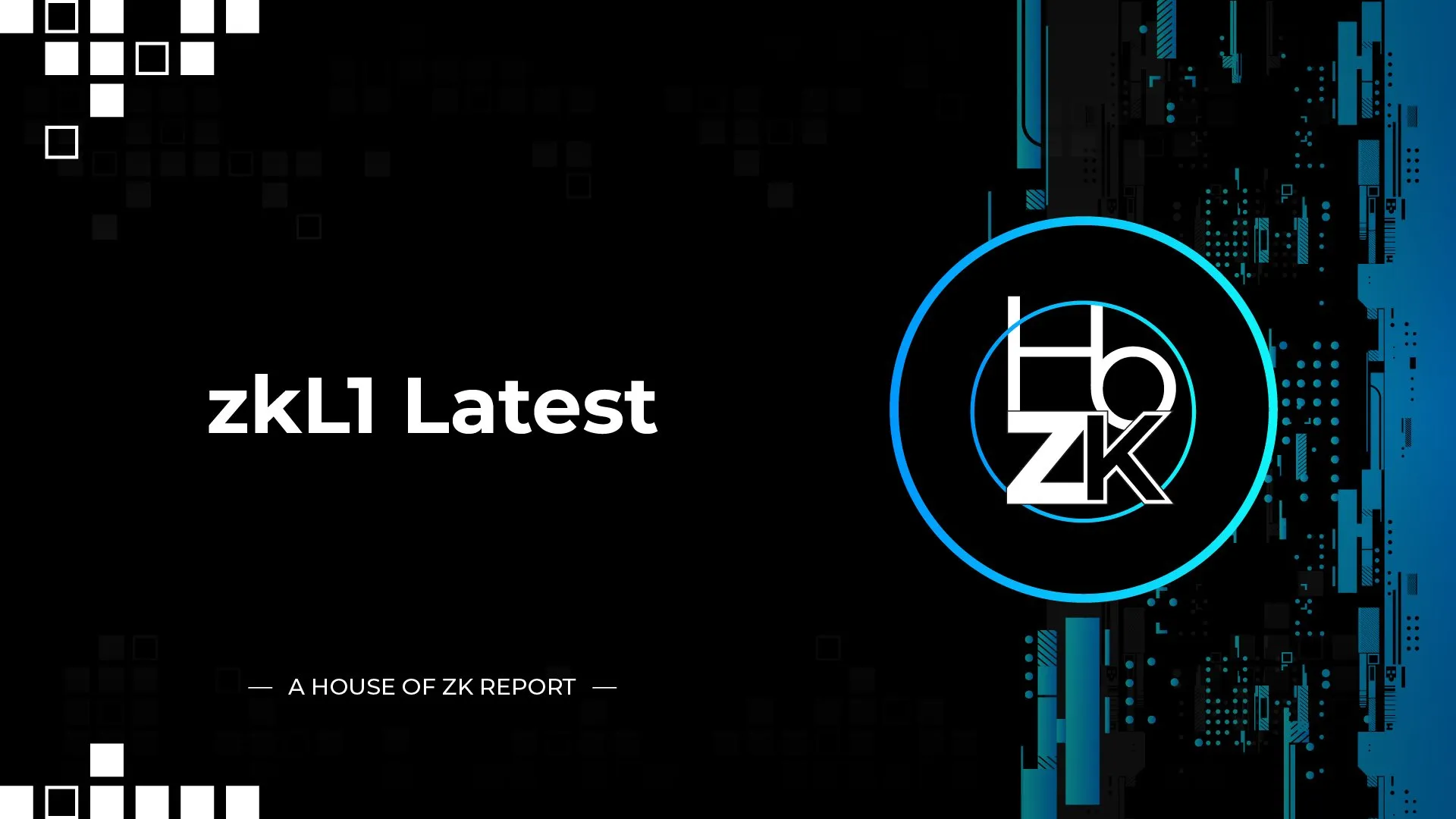
Here we track the progress of the leading builders in the zkL1 ecosystem, documenting recent significant releases, technical breakthroughs and general updates.
Featuring: @AleoHQ/@ProvableHQ, @o1_labs/@MinaProtocol, @horizenglobal, @Zcash, @hyli_org, @DuskFoundation& @nockchain

@AleoHQ and @ProvableHQ have released snarkOS 4.0.0, the most significant upgrade since mainnet launch, introducing key improvements in privacy, compliance, and scalability: https://aleo.org/post/announcing-snarkOS-v4.0.0/
The updated record model now includes encrypted sender data visible only to recipients, and a new versioning system enables adaptability to changing regulations. ARC-0046 sets increasing staking requirements for provers, boosting network security. Confirmation times are now five times faster, improving responsiveness for both users and institutional-grade blockchain applications.
Shortly prior to this, Provable presented ARC-0046 in detail, outlining a two-year plan to introduce gradual staking requirements for provers on the Aleo Network: https://provable.com/blog/introducing-arc-0046
Starting July 31, provers must stake 100,000 Aleo credits per solution, increasing quarterly to 2.5 million.
The proposal aims to improve network security, governance, and Sybil resistance, while offering non-custodial staking options for small provers to remain independently involved.
Provable also coordinated a network-wide upgrade across Aleo, enhancing Aleo Records and the Varuna proof system: https://provable.com/blog/updates-to-aleo-records-and-varuna
A new sender ciphertext feature now adds encrypted sender data to each record, aiding future compliance. Updates to Varuna improve batching protocol security without affecting performance. Wallets will migrate user data automatically.
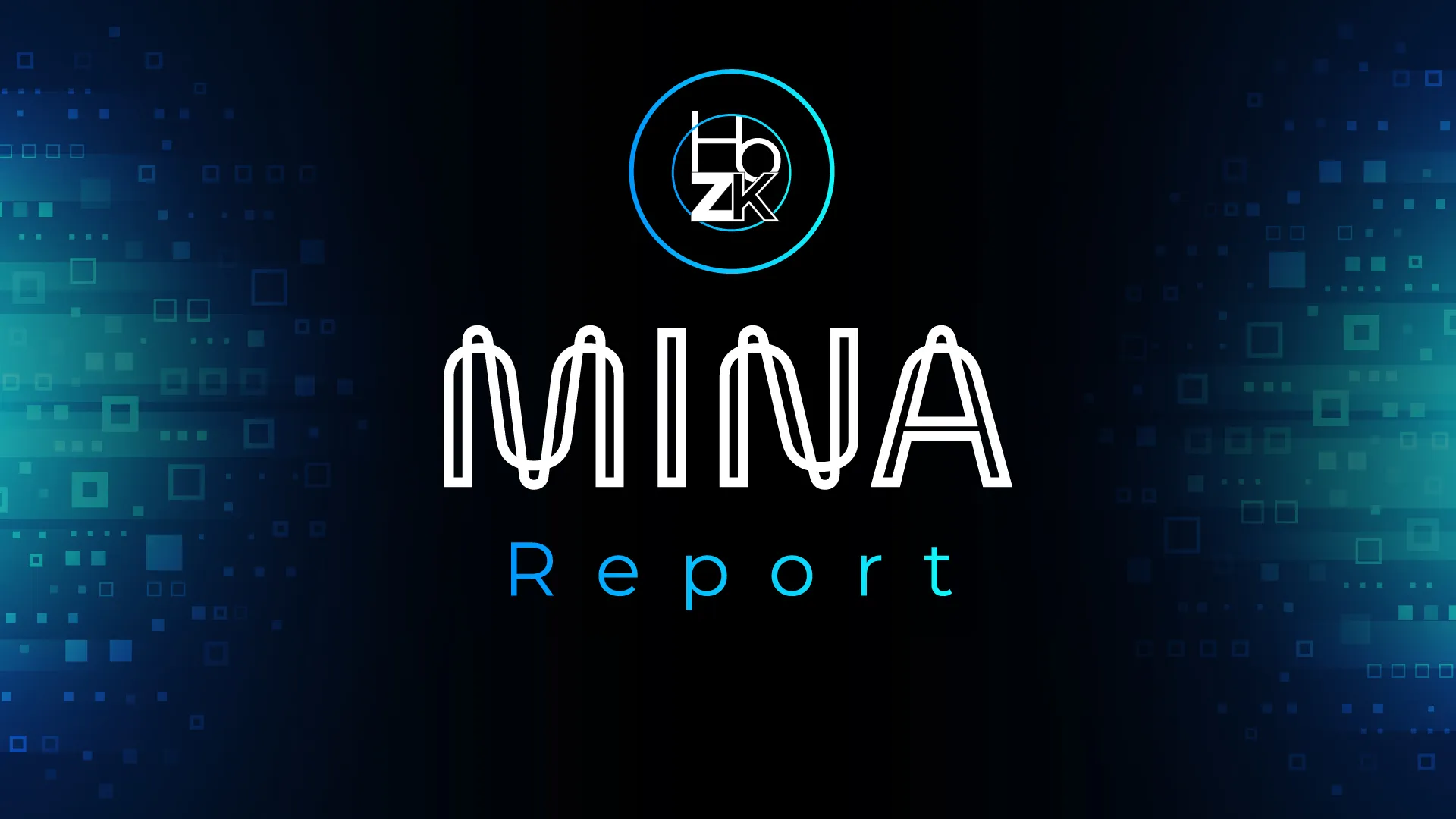
@o1_labs, the team principally behind @MinaProtocol, shared an article explaining how starting with provable code - rather than traditional smart contracts - can accelerate learning and development using o1js: https://o1labs.org/blog/learning-how-to-learn-o1js
The article reflects on past onboarding missteps like the Add.ts example and now promotes ZkPrograms to better showcase Mina’s strengths - such as recursive proofs and off-chain compute.
Future updates will focus on clearer APIs and examples rooted in Mina’s unique verification model.
o1Labs has also shared a broad update highlighting key technical progress across its ecosystem, including:
Submitting draft documentation for MIP editors for review
Continuing testing of the on-chain vote reporting mechanism
Finalizing the technical review of the “account update limit increase” MIP
Releasing OCaml Node 3.2.0 Alpha on DevNet, featuring bug fixes, performance improvements, and support for Ubuntu 24.04 and Debian 12
Cleaning up the Rust Node codebase and outlining the roadmap to DevNet
Developing improved debugging tools for WASM code in Node.js
Collaborating with the community on a new fungible token standard
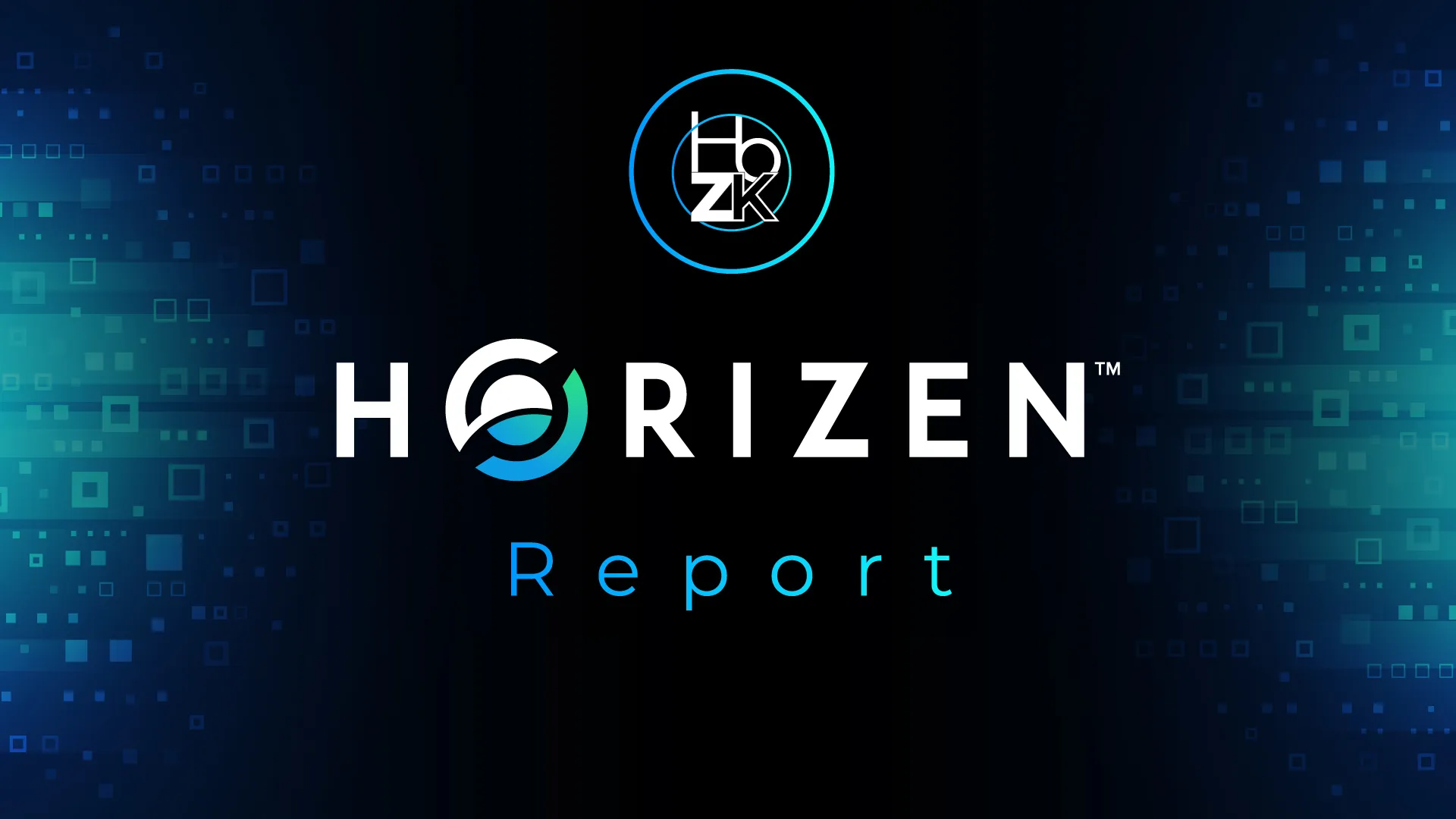
@horizenglobal has completed its transition to the @base network: https://mirror.xyz/horizenofficial.eth/1tTHDJxYoIpZNP5jfxCiMuIrPQKkivUTVJgupzie3p4
Users can now access the new network and claim migrated assets. Decentralized trading is live, and integrations across platforms are underway. Guides and security tips are available through the official Horizen channels.
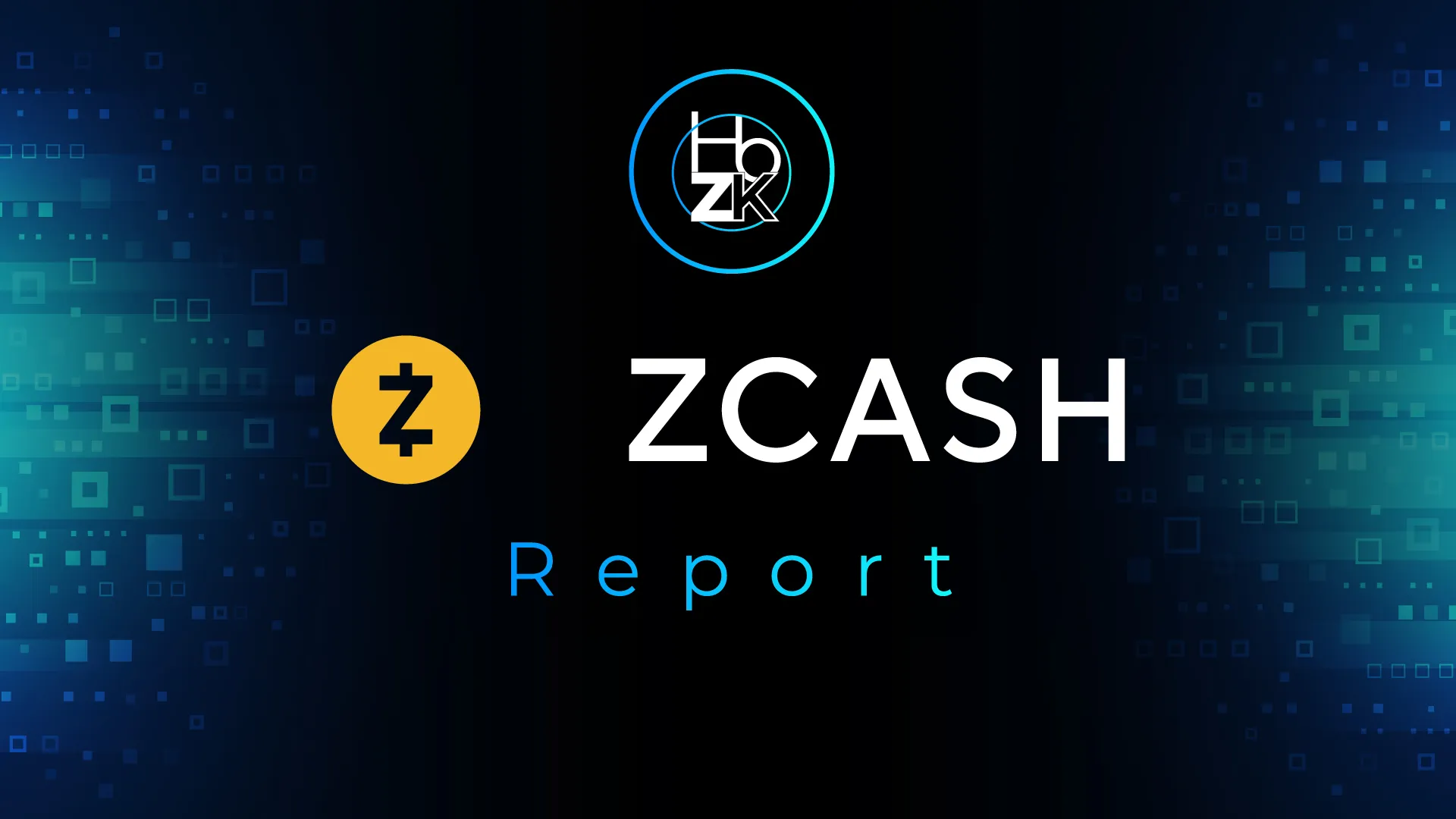
Partnerships
@Zcash is now fully usable in the browser with shielded transactions via @MetaMask: https://x.com/ZcashCommGrants/status/1947295805313843575
A new Snap plugin, built by @ChainSafeth and funded by @ZcashCommGrants and MetaMask Grants DAO, enables private ZEC transfers without running a node. Using the WebZjs SDK, all operations happen client-side. The Snap passed a full audit and is available now for use directly in MetaMask.
Governance
@ElectricCoinCo has proposed a new process for Zcash protocol upgrades to support greater decentralization: https://x.com/ElectricCoinCo/status/1947724145112060313
Instead of centralized coordination, each party proposing a feature will take full responsibility for its development, testing, and integration. This includes working in public forks and advocating for inclusion. The new model aims to reduce bottlenecks, simplify coordination, and allow upgrades to proceed even if some features aren’t ready on time.
Roadmap
Zcash outlined its Q3 2025 roadmap with a focus on advancing privacy features: https://electriccoin.co/roadmap/
Key initiatives include Maya DEX integration, duress wallet functionality, multi-account support, and continued updates to @zashi_app and zcashd.
Efforts will also centre around ZSA integration, quantum resilience research, and community collaboration.
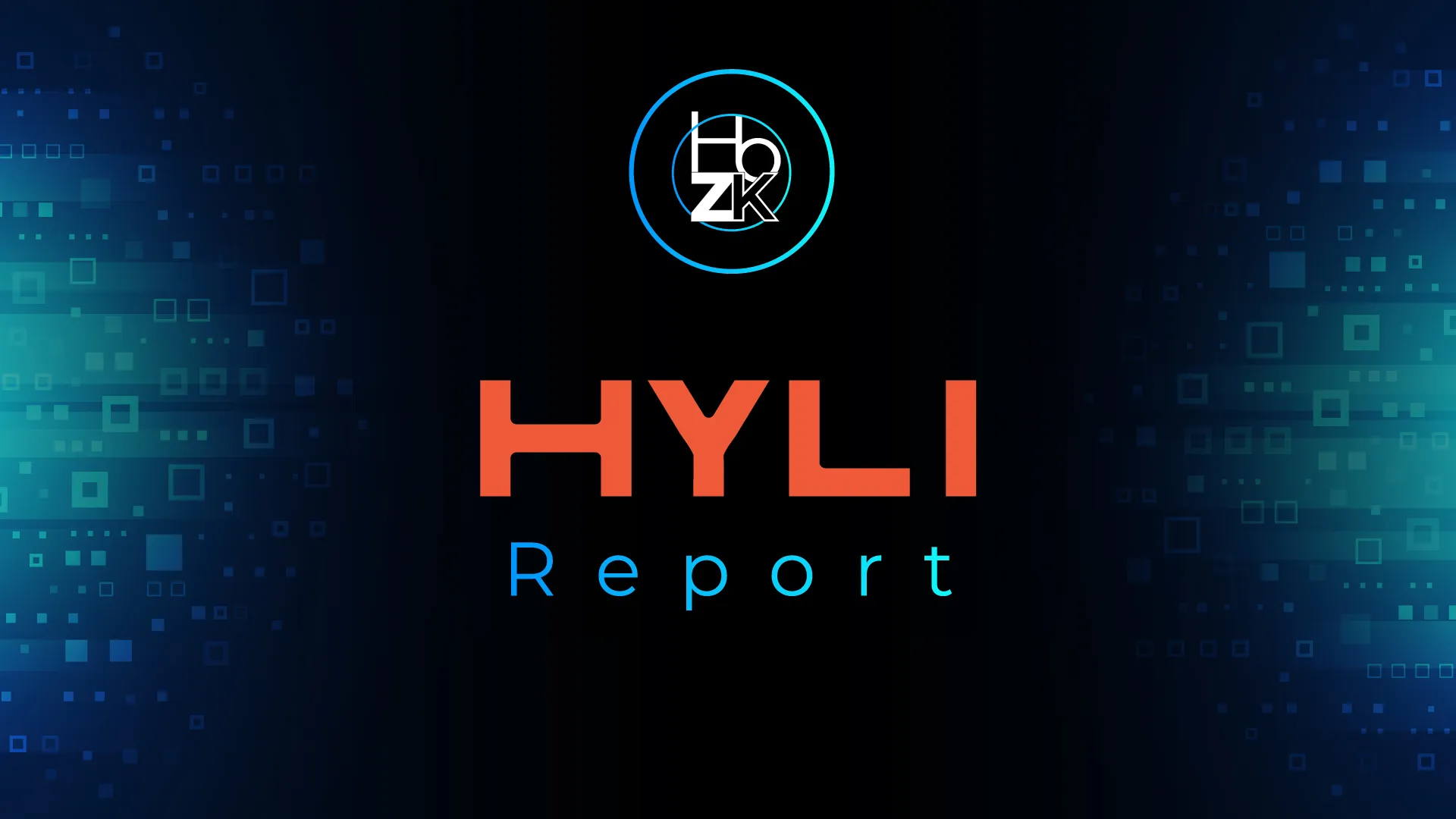
Testnet
@hyli_org completed its first public testnet, a Mars-themed campaign designed to test core components under real-world conditions: https://blog.hyli.org/martian-testnet-retro/
Over four weeks, users generated 1.7 million transactions and 360,000 proofs across three proving systems. The campaign validated Hyli’s pipelined proving, proof composition, and merklization strategies. The testnet remains live and open to developers, with updated documentation to support permissionless app deployment.
Partnerships
Hyli joined forces with @boundless_xyz to support 'The Signal', aiming to deliver secure, scalable, trustless cross-chain infrastructure within Hyli’s proof-powered ecosystem, enhancing connectivity and reliability across decentralized networks: https://x.com/boundless_xyz/status/1948412904618737910
The project also announced the formation of its Technical Advisory Board, bringing together five experts advancing ZK tech, privacy, and modular infrastructure: https://x.com/hyli_org/status/1949832273605619813
The board comprises of @cryptobuilder_ of @aztecnetwork, @Mojtek of @vlayer_xyz, @OmerShlomovits of @Ingo_zk, @ssh_nkar of Boundless, and @yush_g of @zkemail - a collective that Hyli see as essential to help guide the development of its user-friendly, proof-driven, decentralized L1 platform.
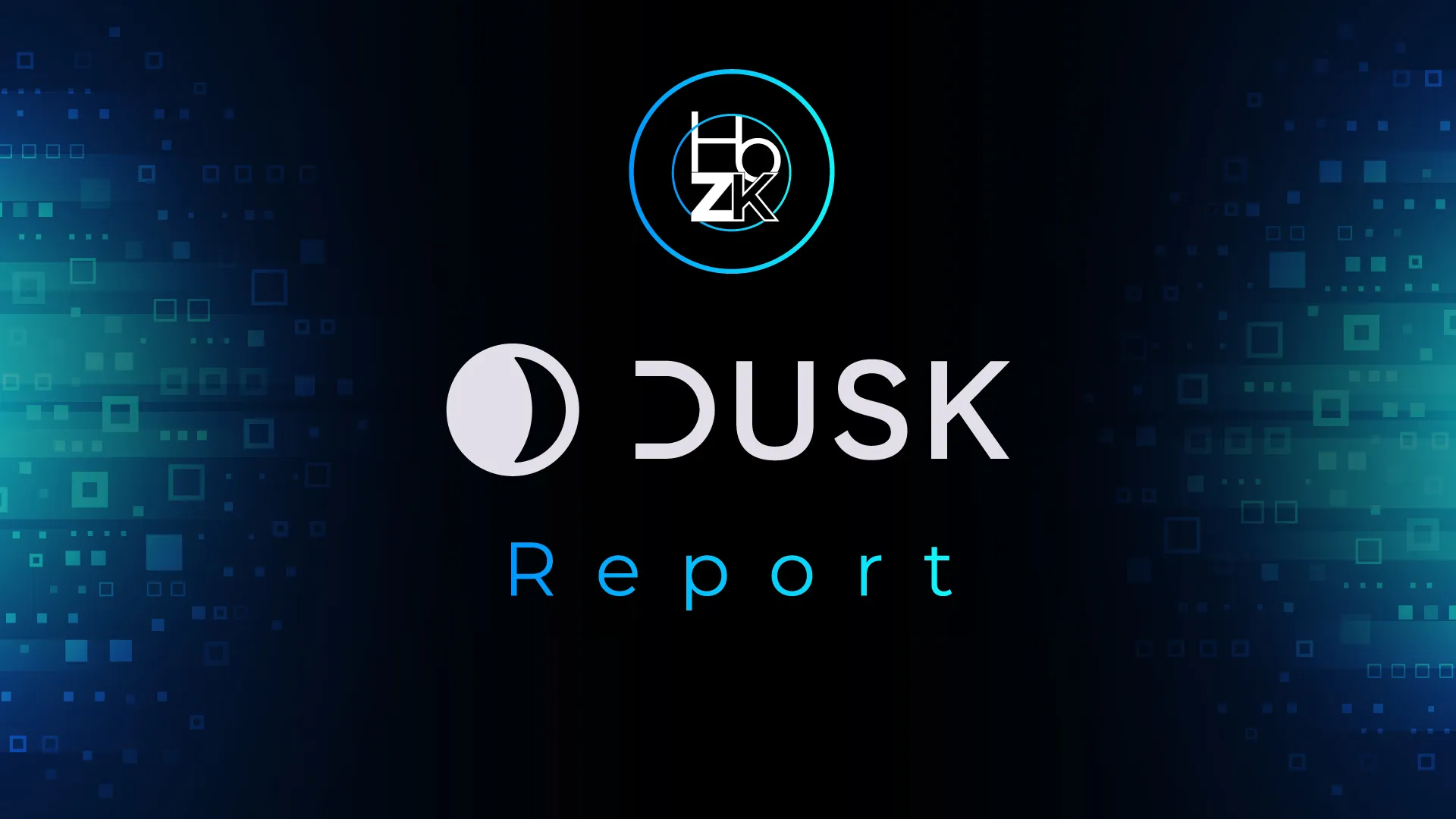
@DuskFoundation, through its partnership with @npex, has gained a number of financial licenses - including MTF, Broker, ECSP, and a pending DLT-TSS - embedding compliance directly into its blockchain protocol: https://dusk.network/news/redgulatory-edge
This enables issuance, trading, and settlement of regulated assets within a unified legal framework.
The new NPEX dApp supports compliant asset issuance and trading, positioning Dusk as the first protocol to offer fully regulated, privacy-preserving on-chain finance.
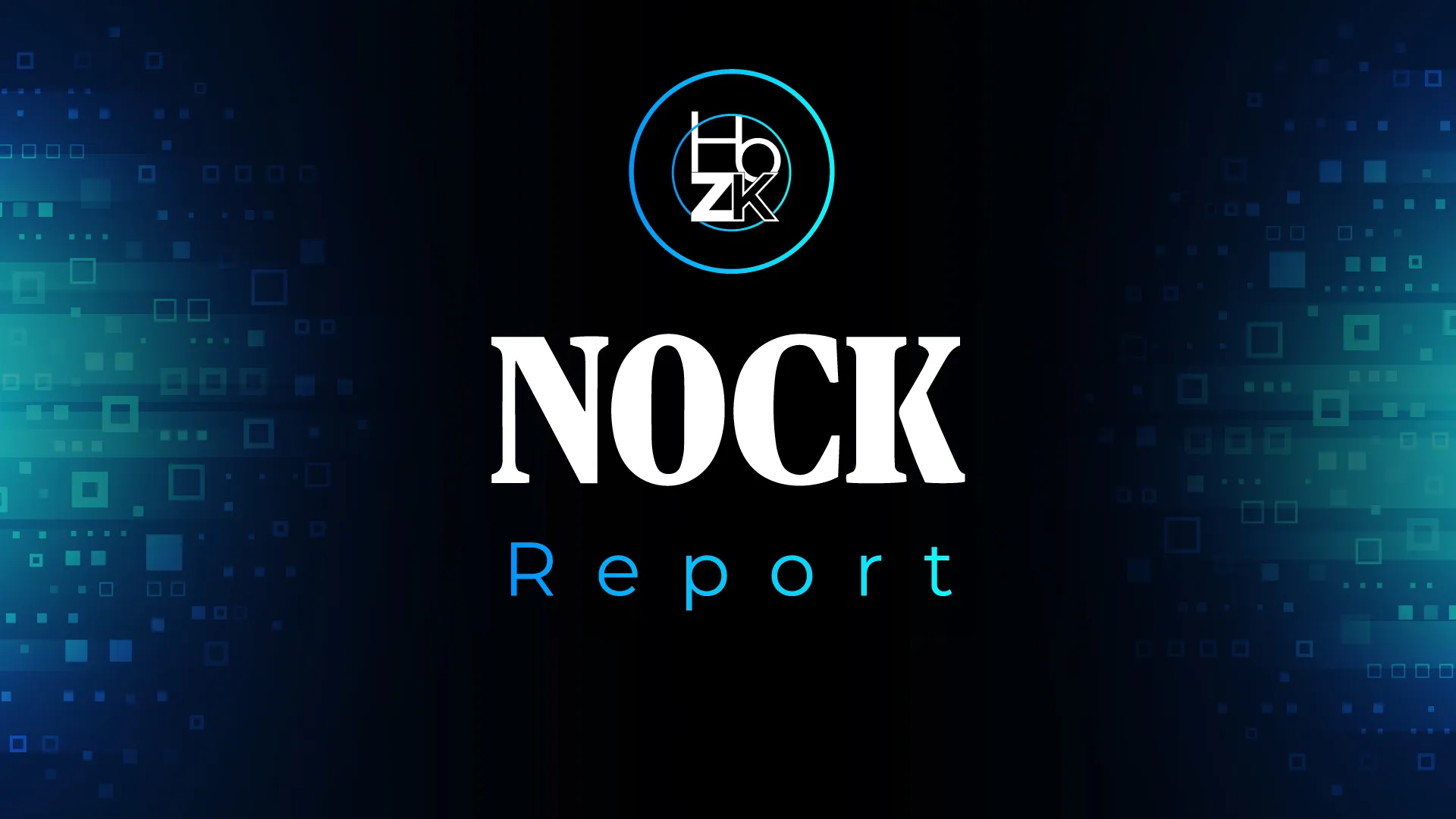
@nockchain released updates around mining and user experience: https://nockchain.org/second-eon/
These include:
Cut proof time by 80%, down to 74 seconds with 32x less memory.
Enabled multi-threaded mining across CPU cores via a new CLI option.
Added real-time block explorer analytics: transaction feeds, decentralization metrics, and address stats.
Tracked 26 trades this week, reflecting growing activity.
Improved connection stability with inbound pruning for better network access.
Marked the first halving, entering Eon 2.
Allowed wallet note exports in CSV for easier record-keeping.
The project also released a more general update: https://nockchain.org/performant-profiles/
Highlights include:
The introduction of Tracy, a profiling kit adapted from game development, enabling live, low-overhead tracing across Rust and Nock VM code.
Demonstrated live profiling via SSH to help developers identify bottlenecks and optimize their clients.
Highlighted Thomas Kroes and his team at NockBox, who mined block 1123 by preparing early and aligning with Nockchain’s vision.
Built DeFi infrastructure through NockBox, starting with atomic swaps and cross-chain tooling.
Recorded 12,000 nodes and rising decentralization, with @ZorpZK now mining just 6% of daily blocks.